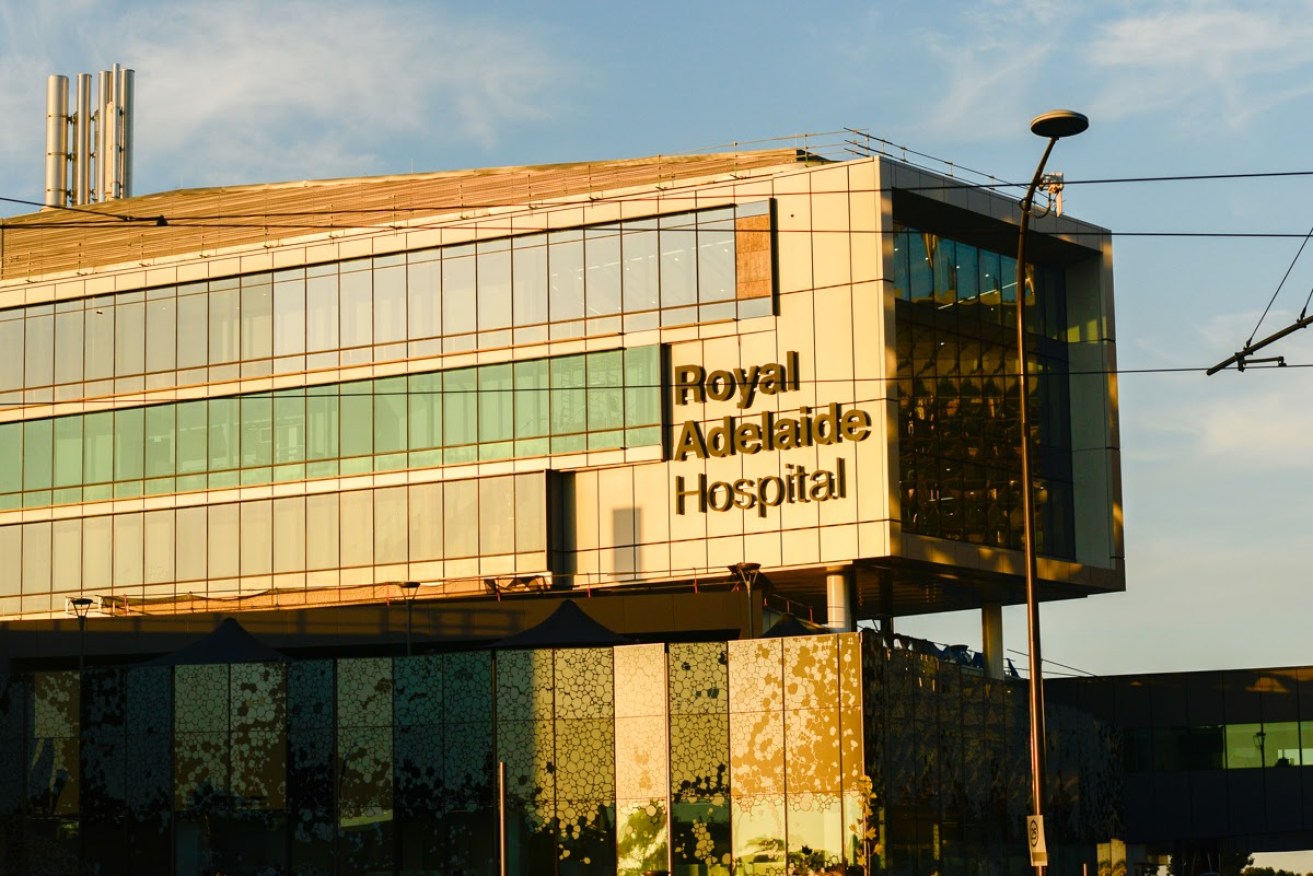SA Health bosses under fire over reforms
SA Health’s top executives have come under fire from both their own staff and the Opposition, with a survey showing little confidence in the department’s ability to manage change and questions over the original rationale for Transforming Health.


Photo: Nat Rogers/InDaily
South Australia’s hospital system is going through the most dramatic change in its history, but a survey of the bureaucratic staff in SA Health’s head office shows three out of four disagree that “change is managed well in the department”, InDaily can reveal.
The official survey, responded to by half of about 2000 bureaucrats in the department’s Hindmarsh Square HQ, shows:
- 25 per cent believe change is being managed well.
- 34 per cent believe “the future of the department is positive”.
- 35 per cent say “the department is good at selecting the right people for the right jobs”.
- Less than 40 per cent say “there is cooperation between different services and branches in the Department”.
Acting chief executive of SA Health Vickie Kaminski told InDaily the survey was conducted just after a major reshuffle of roles in the department and a significant transfer of roles across the state’s Local Health Networks.
The survey question did not specify which type of “change” was being assessed.
“The survey was conducted shortly after a major review of the Department for Health and Ageing, which led to a number of roles and staff from head office being transferred to directly support frontline staff in the Local Health Network,” said Kaminski.
“This may have resulted in some staff feeling unsettled in some areas.
“We take this feedback very seriously and, over the coming months, we’ll work with our staff to ensure they have the support they need to help us deliver on our significant reform agenda.”
A more positive finding from the survey was that staff believed they were supported by their colleagues, that behaviour in the department was respectful and that discrimination was discouraged.
“It was encouraging to see that the vast majority of our staff felt fully supported in their roles, and understand how the work they do contributes to improving the well-being of South Australians,” Kaminski said.
Meanwhile, the SA Health boss was among senior public servants grilled during a parliamentary committee meeting this morning over the oft-repeated claim that about 500 South Australians die unnecessarily in the hospital system – a key element of the State Government’s sales pitch for its hospital reform program Transforming Health.
Health Minister Jack Snelling told The Advertiser in March: “There is no number one reason [for Transforming Health] – there are at least 500 of them. That’s the number of South Australians who unnecessarily die in our public health system each year, who… never make it home to their loved ones.”
But Opposition Health spokesperson and committee chair Stephen Wade this morning seized on an analysis by epidemiologist Professor David Ben-Tovim, which found that the 500 deaths claim “is not supported by the Transforming Health or other data supplied to me [and] cannot be assumed to be accurate, and should not be accepted without external validation”.
Wade suggested the claim looked like a “PR job”.
But Kaminski said the figure was only a “snapshot” and amounted to a “worst-case scenario”, but was not the central driving factor for the Transforming Health program.
Committee member and Greens MLC Tammy Franks said the 500 deaths figure “is what was sold to the parliament” and that the claim had been repeated by both Snelling and then-chief executive David Swan as a central reason for launching Transforming Health.
However, former SA Health executive director of policy and commissioning Sinead O’Brien told the committee: “Categorically, no” – the figure was not the central driver for the program.
O’Brien conceded that SA Health did not “disagree” with Ben-Tovim’s analysis, but that the more important impetus for Transforming Health was the degree of “variation” in the performance of the state’s hospitals.
“It’s one of the reasons [however] there are clearly a number of drivers,” said O’Brien.
“The media seemed to like a particular [figure].
“It’s building a whole case for change, as opposed to just focusing on that.”
Transforming Health clinical ambassador Dorothy Keefe said the central factor in the “case for change” in SA’s hospital system was that it allowed for dramatically different outcomes for patients with the same conditions – depending on where and when they were treated.




